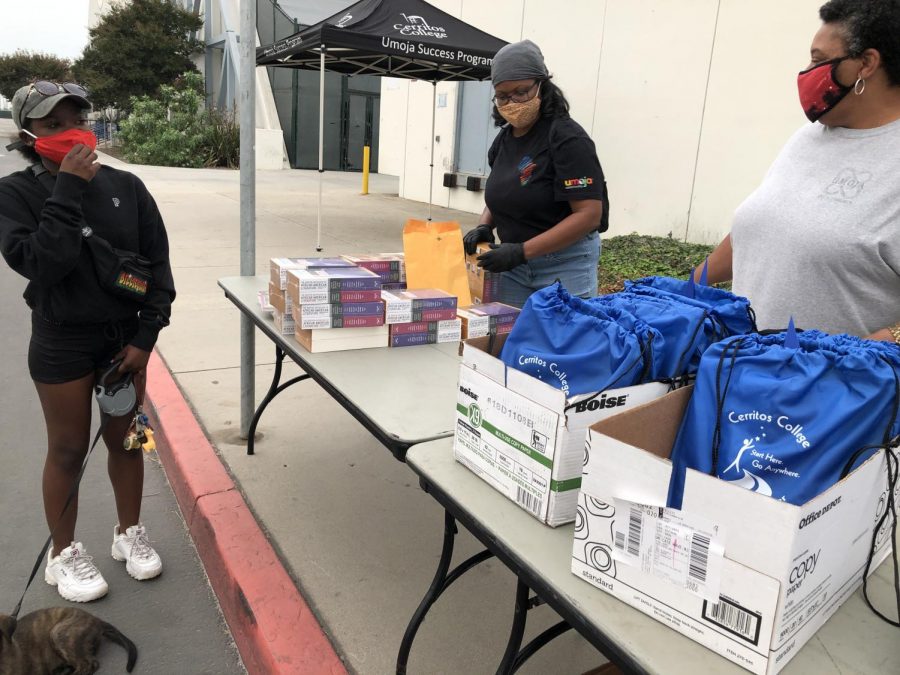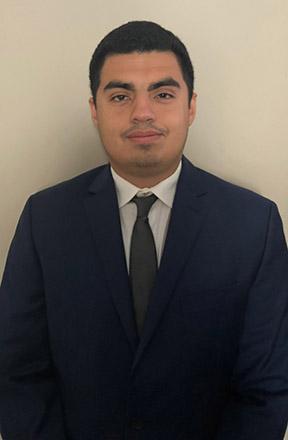Poor air quality and gaseous odors from a Compton chemical spill did not impede the volunteers and faculty of Umoja, who handed out free textbooks, backpacks and other essential school supplies to students via curbside pickup on Sept. 10.
The name, Umoja, comes from a Kiswahili word meaning ‘unity.’
According to academic counselor and Umoja Coordinator, Dr. Shelia Hill, the program is exceptional because it teaches and advises from a culturally relevant position.
The distribution went between 5:30 p.m. to 7 p.m. and was executed right on schedule despite the minor eclipse caused by ash from the record breaking California fires.
A nauseating stench wafted through the air thanks to a chemical spill in an abandoned lot 9 miles away.
Bridge Point Gardena Land and contractor OFRS Inc. spilled “foul-smelling” Mercaptan, generating at least 220 public nuisance complaints.
“We will have our tent outside- so please drive-thru to pick up needed supplies so that you can continue your success this fall,” said the Umoja email.
The program aims to assist students through academic support services and career counseling, while also offering courses centered on African-American perspectives.
“We represent the college to students, so we need to be available as a resource,” said Dr. Hill, “We are a conduit when a student needs something. When students get familiar and see that we have them in mind, we can build trust.”
The Umoja curriculum for the Fall is themed ‘Good Trouble,’ inspired by the legacy of Rep. John Lewis, who championed the fight for civil rights in the Jim Crow era.
This theme was reflected in the reading material distributed, one titled “The Black College Student’s Survival Guide” by Dr. Jawanza Kunjufu and the other was the “Norton Anthology of African American Literature” compiled by Henry Louis Gates Jr.
“Young people are trying to find a voice in their country,” said Dr. Hill, explaining why Umoja selected the texts, “There is a lot to unpack in these books, and the power of their narrative speaks to the African American experience in general.”
The Umoja tent also explained the difficulties of staying connected to students without the college campus.
According to career counselor, Clara Ross Jones, their approach was what they defined as “intrusive advising.”
“It’s nice to see everyone in person. We liked seeing our students and asking them, ‘Have you eaten? Where are you going?’ We checked in with them to make sure they’re successful and this accessibility is just different.”
The program still has available seats in their two offered courses, and they ask students and faculty to refer students to the club or classes to make sure more students get the resources they need.










